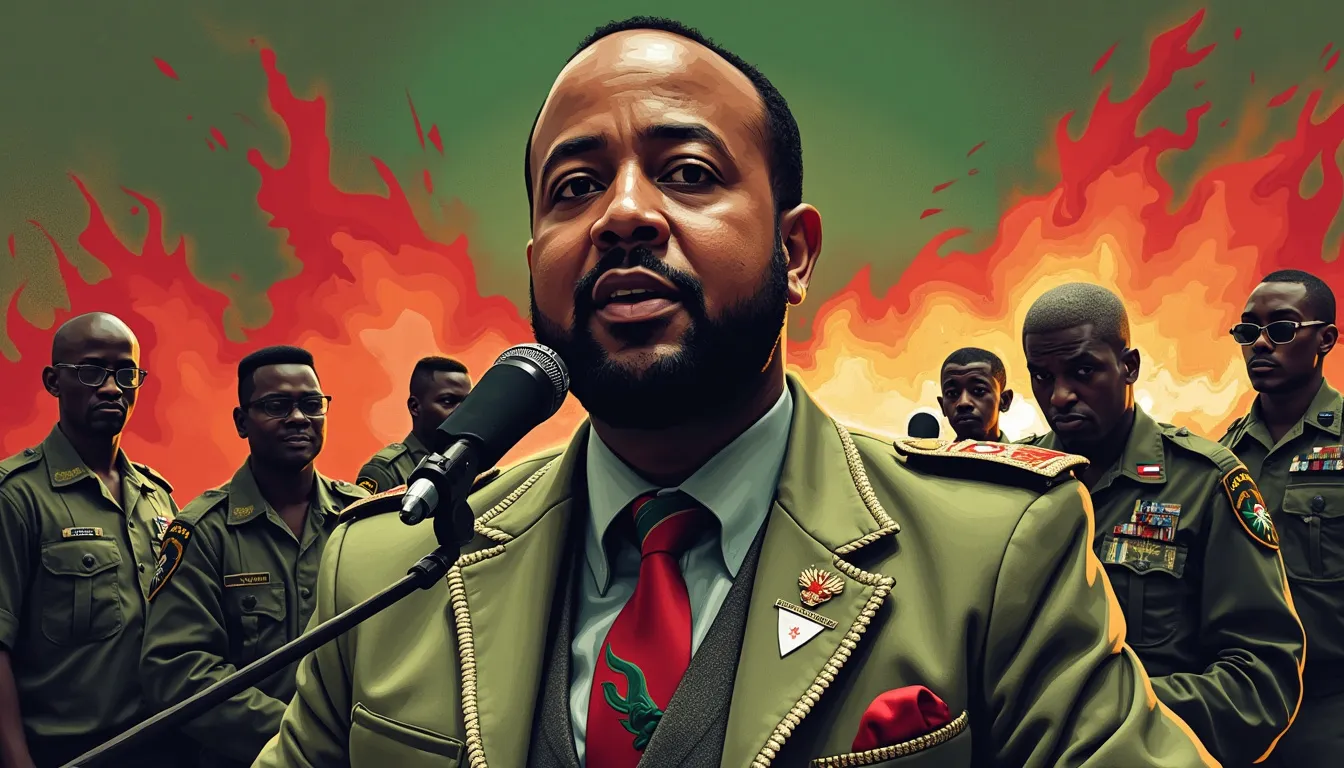
Congressional Black Caucus Speaker Supports Hamas: A Complex Narrative
In a recent statement that has ignited controversy, a prominent member of the Congressional Black Caucus (CBC) expressed support for Hamas, asserting that it is not their role to dictate how oppressed people achieve liberation. This statement comes amid heightened tensions surrounding the Israel-Palestine conflict, bringing to the forefront important questions about the nature of resistance movements and the morality of their actions.
Defending Hamas
The CBC speaker’s remarks reflect a viewpoint that positions Hamas not merely as a militant organization but as a resistance movement, engaged in a struggle for self-determination. This perspective is rooted in a broader historical context where movements that resist occupation or oppression are sometimes celebrated as freedom fighters. Such a view, however, is contentious, as many in the international community designate Hamas as a terrorist organization due to its attacks on civilians.
The Liberation Context
This defense of Hamas underscores a poignant tension in discussions around liberation. The CBC member argued that the oppressed should be allowed to choose their means of liberation without external judgment. This assertion reflects a belief that imperialism and colonialism necessitate a range of responses from those affected. By framing Hamas as a legitimate entity within the struggle for liberation, the speaker challenges mainstream narratives that often seek to categorize political resistance in binary terms.
Criticism and Controversy
The supportive comments about Hamas have sparked significant backlash from various quarters. Critics contend that legitimizing Hamas’s actions may undermine efforts to achieve a peaceful resolution to the Israeli-Palestinian conflict. Figures from both sides of the aisle in Congress expressed concern that such a position could impede American credibility in advocating for human rights and an equitable peace process.
Political and Ideological Divisions
This incident showcases the ideological schisms within U.S. politics over the Israel-Palestine issue. With views ranging from staunch support for Israel to advocacy for Palestinian rights, the discourse around Hamas reveals deep-seated divisions. The debates often challenge legislators to confront their positions and the implications of their statements, especially as public opinion continues to evolve regarding these longstanding conflicts.
Humanitarian Concerns
Integral to this discussion are the humanitarian issues resulting from ongoing conflict. Civilians in Gaza and Israel are caught in a cycle of violence that raises urgent calls for action from leaders around the globe. Advocates emphasize the necessity of a balanced approach that considers the humanitarian crises faced by all affected populations. By framing the issue solely around liberation narratives, nuances involving civilian casualties and suffering may be overlooked, complicating the path toward sustainable peace.
Conclusion
The remarks made by the Congressional Black Caucus speaker highlight a significant and divisive conversation about the role of resistance, the nature of liberation movements, and the political implications of such stances. As discussions surrounding Hamas and the broader Israel-Palestine conflict continue, it becomes increasingly important for leaders and citizens alike to navigate these complex narratives with care, empathy, and a commitment to humanitarian principles.
